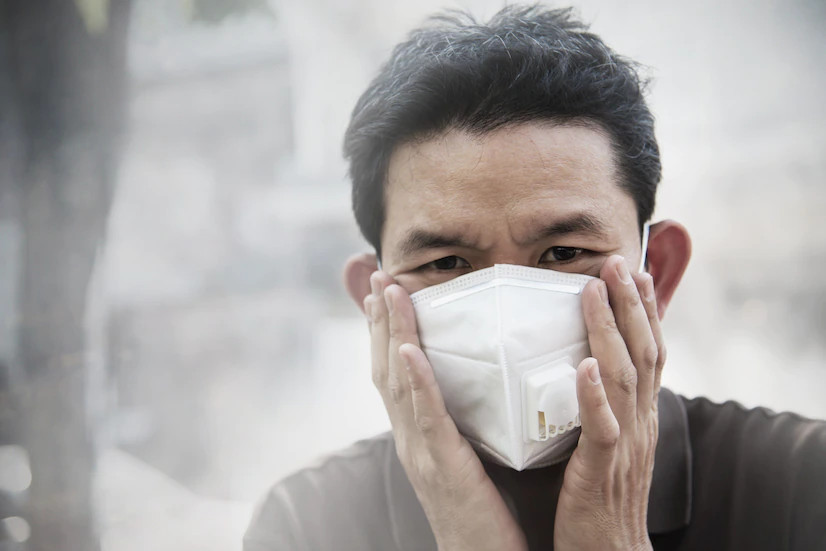Coughing, sneezing, and shortness of breath are common respiratory issues, especially in polluted environments. However, if these symptoms persist and are accompanied by additional symptoms, it is important to consult a doctor, as they may signal a more serious condition.
Respiratory Symptoms You Need to Pay Attention To
Respiratory symptoms such as coughing, sneezing, shortness of breath, and chest pain can arise from both mild and serious health concerns. If you experience any of the following symptoms and they continue, it's crucial to seek medical advice for appropriate treatment.
Cough
Coughing is the body's natural response to clear the airways of foreign particles. It can be a sign of several conditions, including:
- Colds and flu: Typically accompanied by a phlegmy cough.
- Chronic obstructive pulmonary disease (COPD): Characterized by morning coughing. In severe cases, it may be associated with weight loss or swelling in the ankles, feet, or legs.
- COVID-19: A dry cough that may be accompanied by mucus. In severe cases, it can lead to reduced oxygen levels, with saturation falling below 95%.
Chronic Cough
A chronic cough lasts longer than 8 weeks in adults and more than 4 weeks in children. Common causes of chronic cough include:
- Asthma
- Acid reflux
- Chronic obstructive pulmonary disease (COPD)
- Allergies
- Smoking
Wheezing
Wheezing is a high-pitched sound during breathing and is often associated with asthma. However, it can also result from infections or allergic reactions. In some cases, wheezing might indicate that something has been inhaled and is obstructing the airway.
Sudden Shortness of Breath
Shortness of breath, also known as dyspnea, may stem from physical or psychological factors. It occurs when the body is unable to get enough oxygen. Based on duration, shortness of breath can be classified into two types: acute and chronic.
- Acute shortness of breath: Lasting hours or days, often caused by allergies, stress, anxiety, or exercise. In some cases, it may signal serious conditions such as heart attacks or blood clots in the lungs.
- Chronic shortness of breath: Persists for weeks or recurs frequently. It may result from minor issues such as inactivity or more serious conditions like asthma, heart failure, or COPD.
Chest Pain
Experiencing chest pain during breathing may be a sign of a respiratory infection like pneumonia or a heart condition. For those with heart problems, chest pain following physical exertion or stress could be due to angina, which happens when the heart muscle doesn’t receive enough blood flow.
If you experience chest pain lasting more than 15 minutes, spreading to other parts of the body, and accompanied by nausea and sweating, seek immediate medical attention as it could be a sign of a heart attack.
In some cases, respiratory symptoms may signal more severe health conditions. If you have a persistent cough, wheezing, or shortness of breath, it’s important to consult a doctor. You can also use the consultation feature on the Ai Care app, available for download on the App Store and Play Store.
Want more information about other illnesses? Click here!
- dr Hanifa Rahma
Booth, S. (2023). Breathing Problems You Shouldn’t Ignore. Available from: https://www.webmd.com/lung/dont-ignore-breathing-problems
NHS. Asthma attacks. Available from: https://www.nhs.uk/conditions/asthma/asthma-attack/
Health Direct. Shortness of Breath. Available from: https://www.healthdirect.gov.au/shortness-of-breath
WebMD Editorial Contributors. (2023). Available from: https://www.webmd.com/lung/breathing-problems-causes-tests-treatments
Stuart, A., Powell, K. (2024). What's Causing My Chest Pain?. Available from: https://www.webmd.com/pain-management/whats-causing-my-chest-pain
American Lung Association. Chronic Cough. Available from: https://www.lung.org/lung-health-diseases/lung-disease-lookup/chronic-cough#












